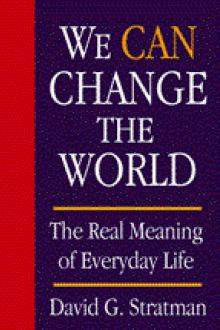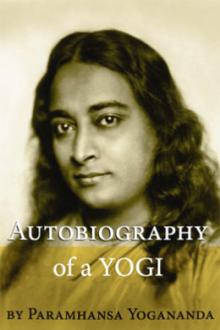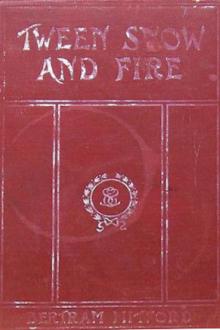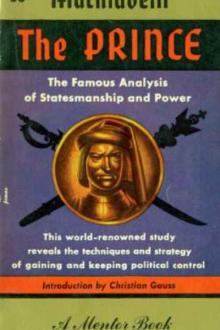We CAN Change the World
Book Excerpt
Marx's goal was to end exploitation and alienation in human society. He intended his theories as a "science of revolution," which would discover the fundamental laws of history, and in so doing enable people to understand the dynamics of modern capitalist society and to change it.
Capitalism, according to Marx, was a stage in the history of economic development. Like earlier stages, it was destined to be superseded by a new system, because there would come a point at which the private ownership of the means of production would act as a brake on further economic development. At this point, the capitalist system would be destroyed by the class which it had brought into existence--the industrial working class, the "proletariat." The proletariat would then create socialist society, based upon common ownership of the means
Editor's choice
(view all)Popular books in Politics, History, Creative Commons, Post-1930
Readers reviews
When I read Stratman's book in 1992, I saw that there was indeed a very real basis for hope, but it was not the wrong one that Marxism offered--the inevitable working of impersonal social-economic laws-- but rather one based on an insight about ordinary people that is entirely absent in Marxism: they are an implicitly revolutionary force, with implicitly revolutionary values by which, in their everyday lives, they try to shape the small corner of the world over which they have any real control.
In the Marxist framework, the task of revolutionaries is to change ordinary people's values, a project about which it is difficult to be hopeful. In contrast, Stratman demonstrates that the task of revolutionaries is to give ordinary people confidence that they are right, and that they are not alone in wanting a more equal, democratic and mutually supportive world opposite from the kind of world the corporate elite want. This is a project about which we can be very hopeful.
Stratman's book is about what makes people tick, and though the examples are not contemporary the insights are as true and important today as they ever were. I can guarantee that if you read this book it will change your life.
- Upvote (0)
- Downvote (0)

 Free Download
Free Download























-itok=vcKIB5v1.jpg)